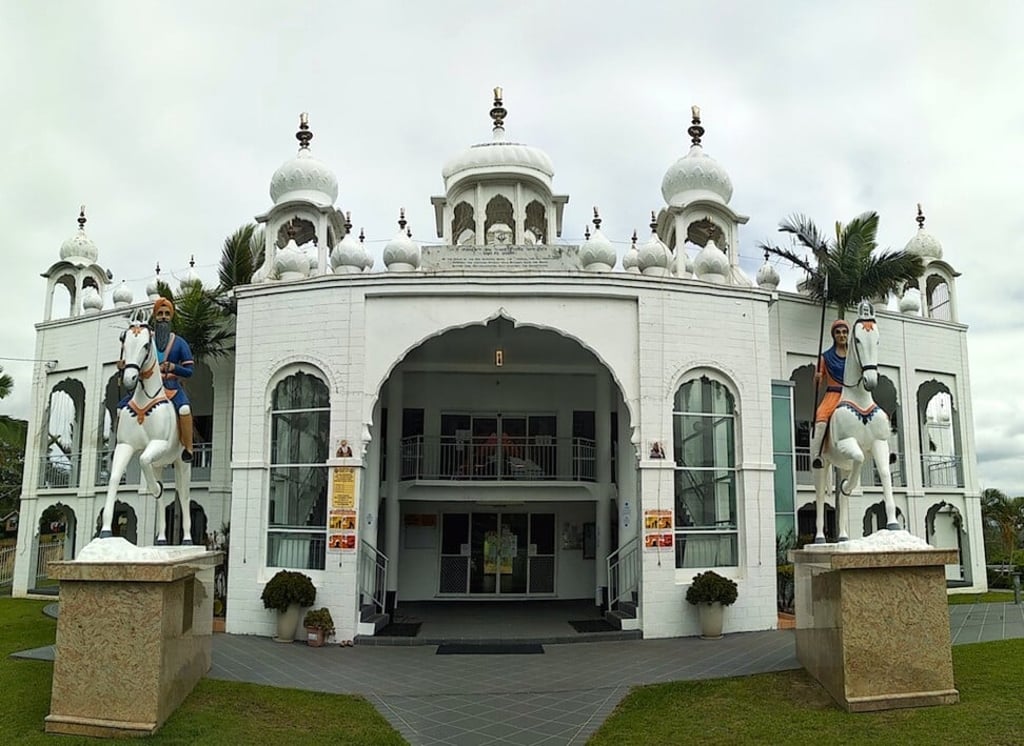In Australia, a Sikh community thrives where racial animosities are cast aside
- Descendants of indentured Punjabi labourers have turned a small pocket of rural New South Wales into a wealthy farming community
- Traditions of northern India carry on in Woolgoolga, where Sikh temples, fruit plantations and a deep attachment to the land reflect generations of heritage

The Sikhs of Woolgoolga are mainly descendants of labourers from Punjab state in northern India who were brought by the British to work on sugar cane plantations in the 19th century. Several generations later, the Australian offspring of these labourers – and of later waves of Punjabi farmers who came to the region to set up businesses selling various wares – are landowners and wealthy farmers.

Arkan, a third-generation Australian-Sikh, is a councillor on the Coffs Harbour City Council, the governance area of which includes Woolgoolga. He has been re-elected three times since 2008 – once missing out on becoming mayor by just 331 votes.
When he is not attending to his duties as a council member, Arkan runs an Indian spice shop in Woolgoolga and a mobile kitchen, which he takes to Sunday markets in the region to sell his trademark Indian naan with butter chicken and dal curry – foods he says are popular with rural Australians.